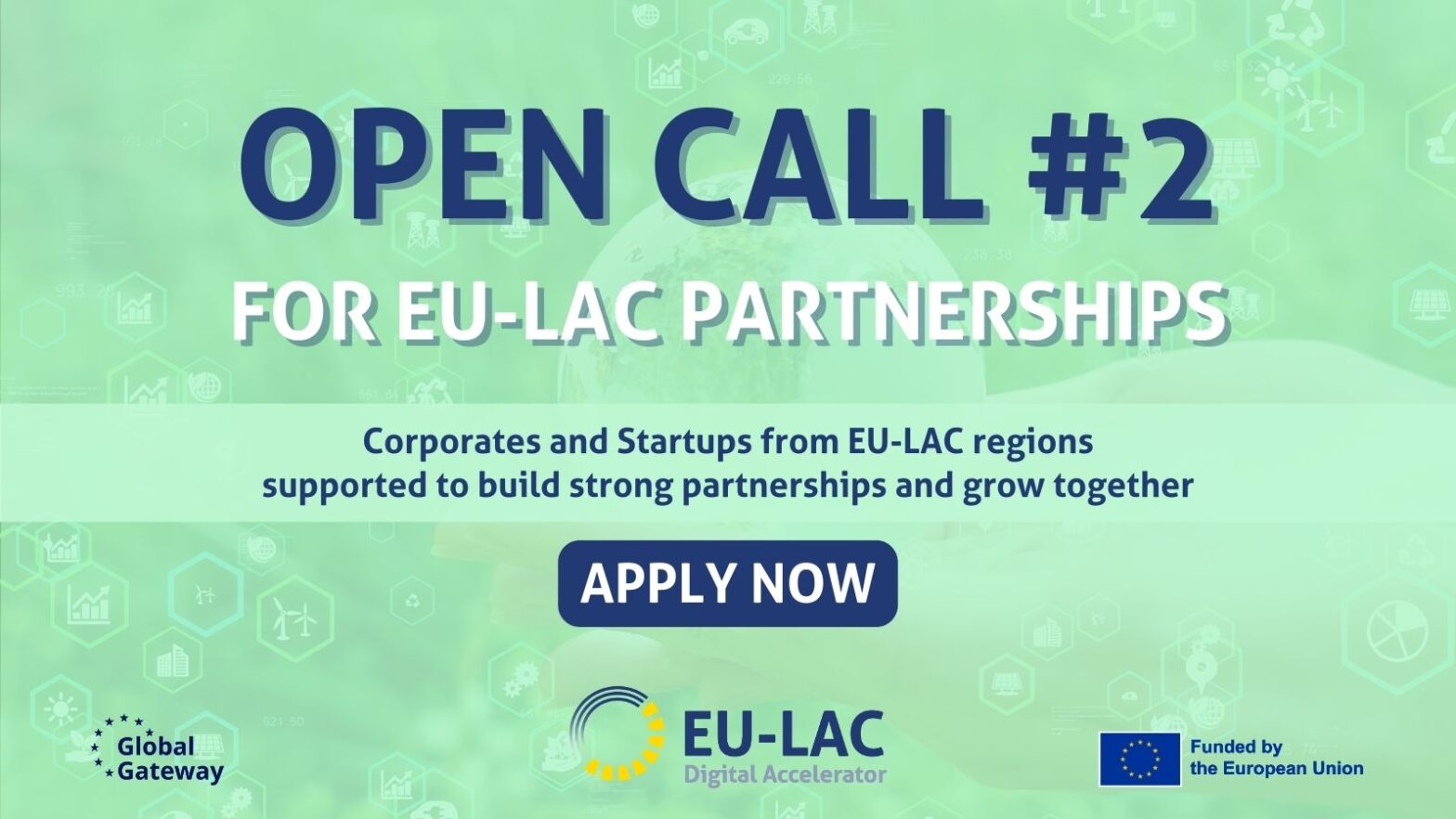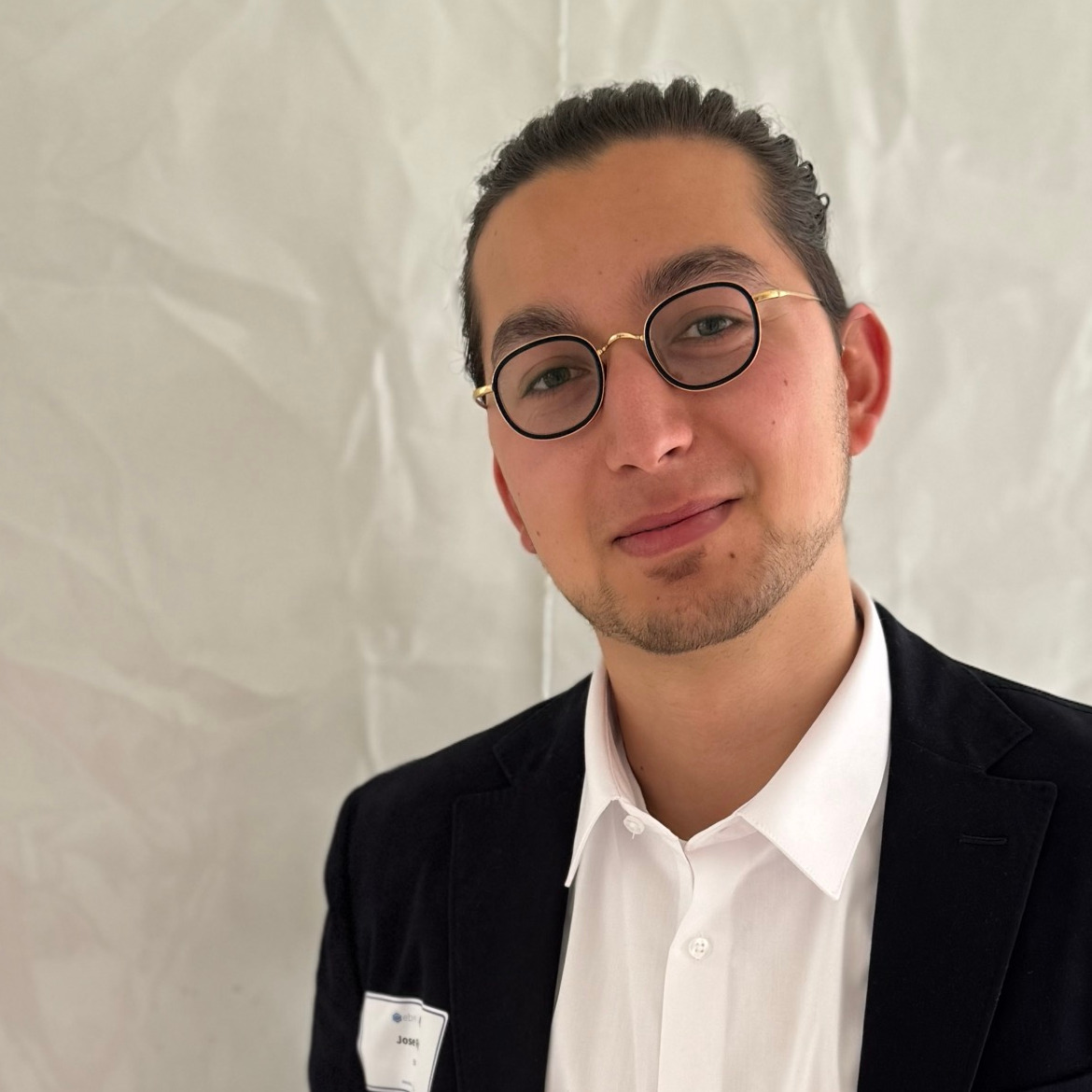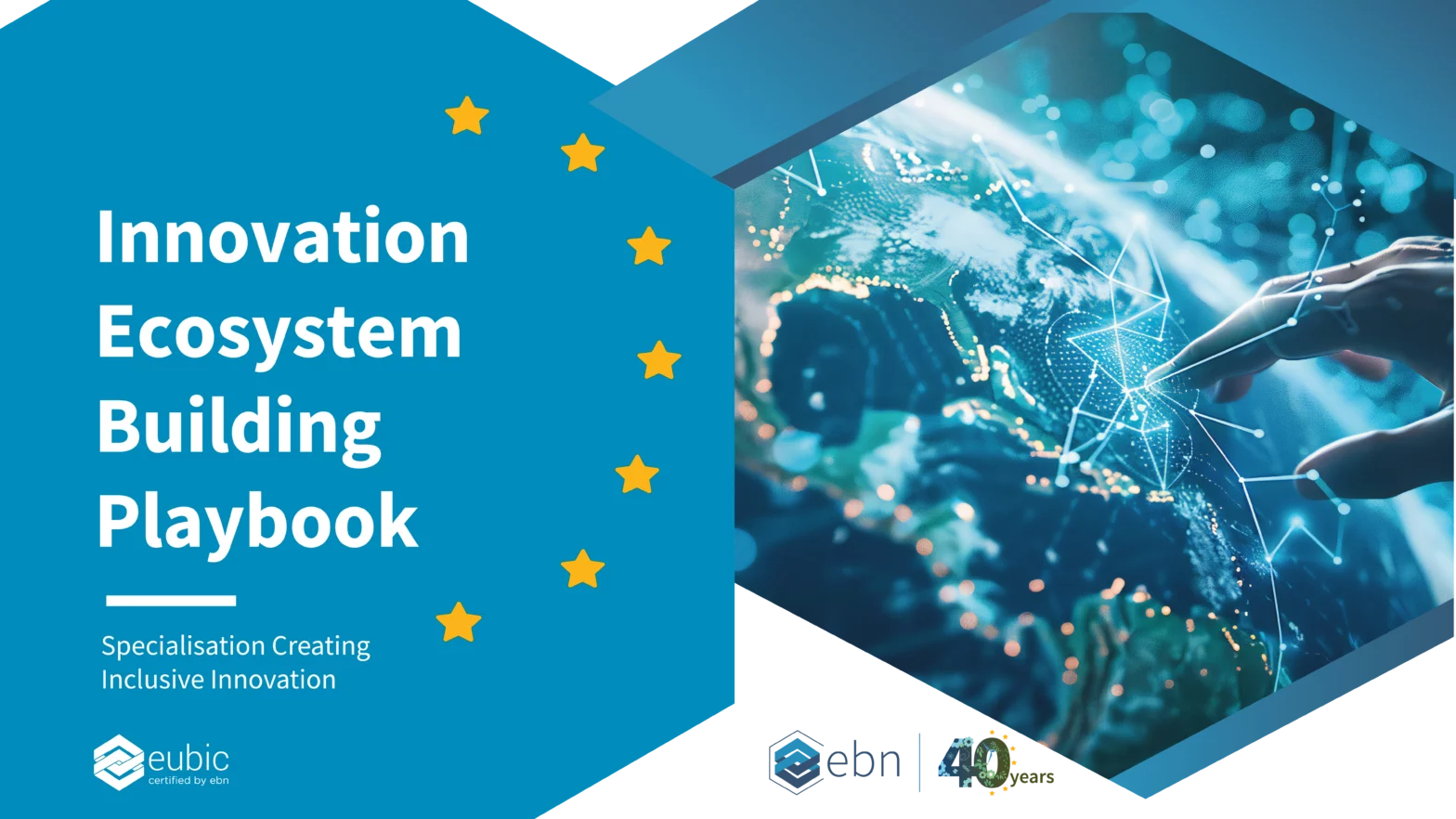CHERRIES Webinar Series: Shaping Responsible Healthcare Systems in Europe


About the webinar SERIES:
Challenge-based innovation processes, used in e.g., open innovation, functional procurement, hackathon etc., have become increasingly popular during the last years and are also core of the experiments conducted in the CHERRIES project. The RRI experiments in CHERRIES are in fact based on demand-driven and open innovation approaches that should address the emerging and unmet needs of the health care sector at territorial level in order to build more equitable and more socially “porous” healthcare systems for the health and benefits of all the citizens within each territory.
“Shaping responsible healthcare ecosystems in Europe” CHERRIES webinar series 2021 aims at showcasing the policy experiments in the healthcare sector held in three European territories of Murcia (ES), Örebro (SE) and the Republic of Cyprus (CY). Designed as a peer learning opportunity, the three sessions will focus on the CHEEIRES regions to present the territorial innovation ecosystems, their stakeholders and the way CHERRIES methodology is implemented in each specific context. We will also learn about some preliminary results and impact on the regional innovation policies. These webinars are thought for a diverse audience, including academic players, innovation-active actors, intermediary organizations, and regional and health policy actors. Each session (1 hour) will see the participation of an expert on regional innovation policies and/or RRI to provide some general comments on the presented case.
The webinar series offer a unique opportunity for other European regions to understand how the CHERRIES methodology could be applied in their specific context and consider the opportunity to apply to become a CHERRIES Mirror Region.
About the CYPRUS webinar:
Healthcare in the Republic of Cyprus has been improving substantially with the recent long-anticipated implementation of a comprehensive National Health-care System, which is set to make the sector more streamlined and cost effective. Major challenges face today’s health care system for which health professionals including public and private hospitals and clinics, must be prepared. There is an immense need for better coordination, communication, and more efficient processes within the hospital but also with the patient experience as well as other key stakeholders of the health care ecosystem. In addition, we have both a culture and organization of care that separate our care into distinct systems such as hospitals, home care, skilled nursing facilities, with little formal communication, relationships, or collaboration between and among those settings. Join us for an interesting discussion describing the initiation of the regional pilot of Cyprus in eHealth with the aim to provide accessibility and quality of medical services to the population of our villages (or anybody else with no easy access to medical centres and health professionals) without them having to travel long distances to gain access to healthcare services.
Speakers:
- Moyses Moyseos (CYRIC)
- Hara Pylarinou (Regional Pilot Experiment Team Leader)
- Stelios Yiallouros (Aretaeio Hospital)
- Claudia Colonnello (K&I) – Moderator
- Stefan Philipp (ZSI) – Project Coordinator
About the MURCIA webinar:
Ecosystem approach can be successfully used for creating new digital health solutions in Europe. Concrete collaboration between healthcare stakeholders and IT companies, for developing new innovative digital solutions, is a win-win-win process. Companies get privileged access to relevant end-users in order to fully understand their problems and needs. The healthcare stakeholders actively participate in the systematic co-development of need-based innovative solutions that improve their daily work, patient care processes and services. Within the framework of CHERRIES, a solution focused on “Early detection of progression in Multiple Sclerosis” is being developed. In order to guarantee that the developed solution is aligned with the values, needs and expectations of the society, CHERRIES foster the engagement of societal actors, professionals and patients, therefore the development of the solution includes interactions with all the actors (healthcare, professionals and patients) including mainly those involved in the definition of the need: EMACC the Association for Multiple Sclerosis of Cartagena, the Biomedical Engineering group from the Polytechnic University of Cartagena and the Neurology Service of Cartagena Hospital.
Speakers:
- Gorka Sánchez (Innovation Director at SMS)
- Adrian Zittelli Ferrari (Director of EU affairs at Murcia Regional Government)
- Laure RASO (EU Project Manager at EUIBIC CEEIM)
- Dr. Nick Guldemond PhD DSc (med), Leiden University Medical Center – No transformation without co-creation: how user and stakeholder involvement is essential for system improvements in health and social care
About the ÖREBRO webinar:
Healthcare is facing major challenges regarding, for example, demographic changes and increased mental illness. Can social innovations be part of the solution to the challenges of healthcare? We are convinced of that!
Social innovations are new ideas that meet social needs, create social relationships, and form new collaborations. These innovations can be products, services, or models addressing unmet needs more effectively.
To achieve this, we need to develop collaboration between different sectors, not least between the public sector, which is large in Sweden, and the civilian sector. Welcome to listen to how Region Örebro County works with this within the CHERRIES project and to discuss this with us!
- Why did Örebro join the CHERRIES programme?
- Who are the main actors involved in the whole process?
- How demand/need driven innovation approaches can result in an improved healthcare ecosystem?
- Can you tell us how the CHERRIES methodology was implemented in your territory? What are the results so far? (call for needs, call for solutions, ongoing co-creation process).
- Which are the key issues to be considered when launching a co-creation process? The case of Örebro
Speakers:
- Lena Uvhagen, Örebro Region
- Märtha Lundkvist, Healthcare Strategist, Region Örebro County
- Annika Karlsson-Juliussen, Head of Public health in Southern Örebro county







